Panama Canal
The Panama Canal, widely regarded as one of the greatest engineering marvels of the modern era, stands as an awe-inspiring testament to human ingenuity and ambition. Its construction, completed in 1914, transformed global trade and travel by connecting the Atlantic and Pacific Oceans and dramatically reducing the time required for ships to traverse between the two coasts of the Americas. For both the casual traveler and the seasoned explorer, a journey through this magnificent waterway provides an unforgettable experience that combines history, culture, engineering, and breathtaking scenery.
Located within the slender isthmus of Panama, the canal stretches a distance of approximately 50 miles (80 kilometers), from the port of Colón on the Atlantic side to the bustling city of Balboa on the Pacific coast. Constructed through a series of locks, dams, and channels, the canal allows vessels of various shapes and sizes to navigate the rugged terrain of the Central American countryside, including passing through the renowned Gatún Lake and the dense rainforests flanking its banks. The result is a voyage that not only navigates the geographical challenges of the continent but also immerses passengers in the region's rich ecology and history.
As ships approach the entrance to the canal, several fascinating sights welcome travel enthusiasts. On the Atlantic side, the city of Colón stands as a vibrant and bustling hub, with colorful architecture and an array of shopping opportunities. At the entrance itself, the stunning Agua Clara Visitor Center showcases the expansive views of the canal, allowing travelers to witness firsthand the intricate workings of the canal's lock operation. On the Pacific side, the picturesque Amador Causeway connects the city of Balboa to a chain of four islands in the Panama Bay and offers panoramic views of both the city and the approaching ships.
The journey through the Panama Canal typically takes between eight to ten hours, during which travelers are treated to an up-close exhibition of incredible engineering feats. The foremost spectacle is, without a doubt, the system of locks that propel ships along their course. Using gravity to fill and empty massive chambers with millions of gallons of water, these locks lift vessels up to 85-feet above sea level to traverse the interior highlands, then lower them back down on the other side. Observing this intricate process is a once-in-a-lifetime experience that few can forget.
Two of the most iconic locks are the Miraflores and Pedro Miguel Locks, both located on the Pacific side of the canal. They feature modern facilities that cater to travelers' needs, with informative visitor centers, dining options, and interactive exhibits. Another noteworthy lock is the newly constructed Cocoli Lock, which together with Agua Clara Lock, makes up the expanded canal project completed in 2016, allowing for larger vessels known as Neopanamax ships to pass through the canal.
Enveloping the canal is the breathtaking landscape of Central America, teeming with rugged forests, lush valleys, and an impressive variety of wildlife. As ships make their way through, travelers are frequently treated to sightings of exotic animals such as monkeys, tropical birds, and colorful butterflies, as well as picturesque views of native flora lining the banks of the canal.
Gatún Lake, one of the largest artificial lakes globally, represents another unique aspect of the Panama Canal journey. The lake was created during the canal's construction by damming the Chagres River, providing both the necessary elevation for vessels to cross the continental divide and water for the locks' operation. Today, Gatún Lake also serves as a critical source of drinking water for the region and supports an abundance of aquatic life, including the elusive Peacock Bass. Surrounded by luxuriant rainforest, the lake provides a serene and tropical setting for travelers.
Besides the natural beauty and engineering marvels, the Panama Canal's storied history is another aspect bound to captivate any visitor. Following a tumultuous period of early attempts marked by political intrigue and industrial accidents, the United States ultimately completed the canal under the guidance of engineer George Washington Goethals. Various monuments and exhibits can be found along the canal route, commemorating different stages in its construction and the many individuals who dedicated their lives to realizing this extraordinary vision.
There are several ways to explore the Panama Canal - from partial transits that cover specific sections of the waterway to full transits or cruise ship packages. Various tour companies, such as Panama Marine Adventures and Canal & Bay Tours, offer regular trips through the canal, providing both guided excursions and more independent experiences tailored to satisfy travelers' individual preferences.
No matter which method of travel one chooses, venturing through the Panama Canal promises a unique and unforgettable journey. Its remarkable blend of breathtaking natural landscapes, monumental engineering achievements, and captivating historical tales creates an experience that transcends that of a simple voyage, and instead, stirs the heart and imagination of all who pass through its storied gates.
Panama Canal Cruise Miami to LA, Brilliant Lady

Holland America 2027 2028 Hawaii Cruises Announced

Panama Canal Transit Rebound Eases 2026 Cruise Risk
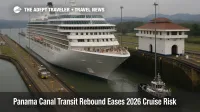
Panama Canal LoTSA 2.0 and NetZero Slot Guide
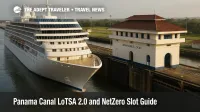
Carnival Dream Brings Bigger Fun Back to New Orleans in 2027
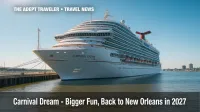
Alaskan Cruises on Royal Caribbean: A 2025 Preview
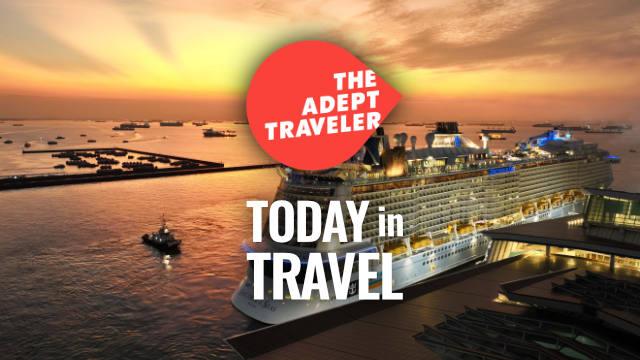
Oceania Cruises: Navigating Hidden Gems from Tahiti to the Caribbean for 2024-2025

Unveiling Seabourn's Luxurious Global Expeditions for 2024-25
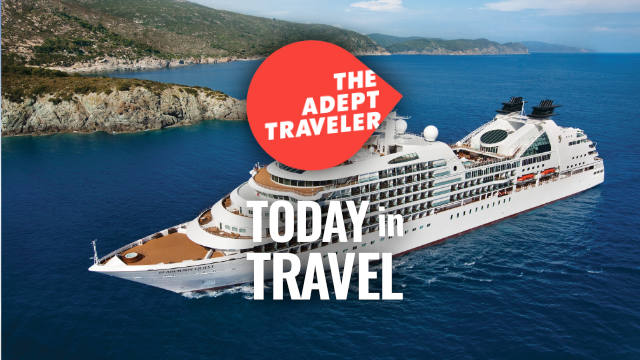
Silversea Cruises' Unprecedented Voyage in 2026: A World Cruise Like No Other
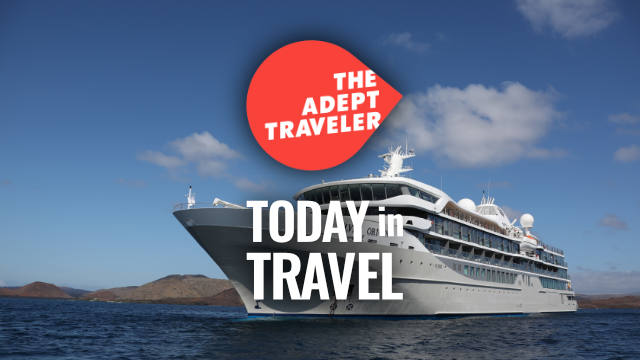
Carnival Cruise Line Introduces Exciting 2024-25 Sailings from Mobile, Alabama
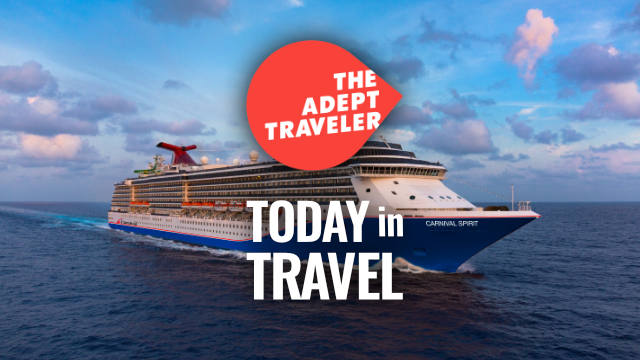
An Unforgettable Journey: Crystal Unveils 2024 World Cruise Aboard the Renovated Crystal Serenity
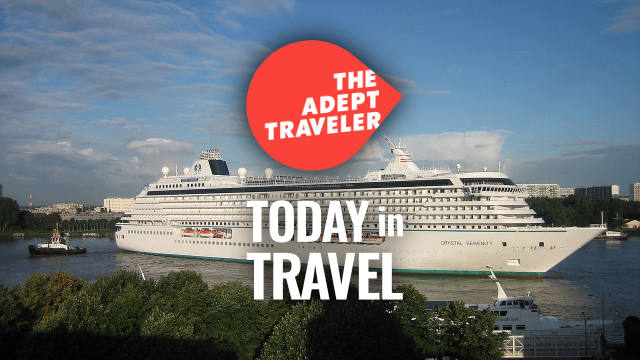
Carnival Cruise Line's Exciting Repositioning: Explore Alaska, Europe & More with New Itineraries
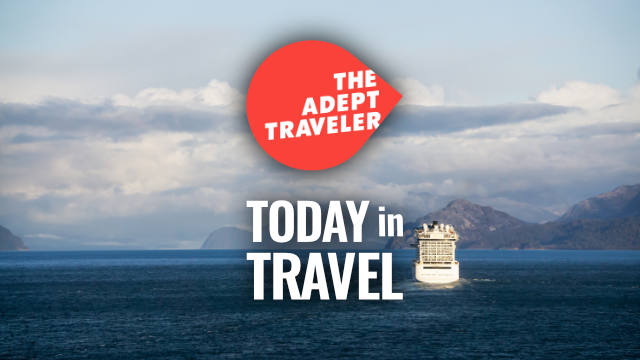
Holland America Line, America Cruise Lines, and Hyatt

